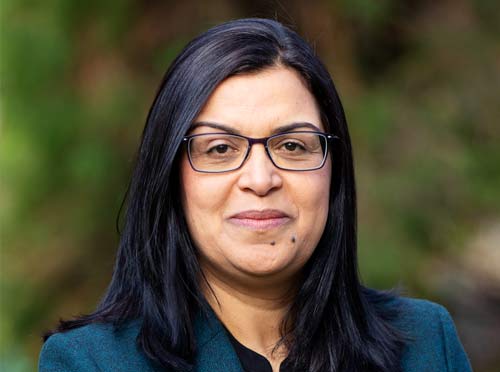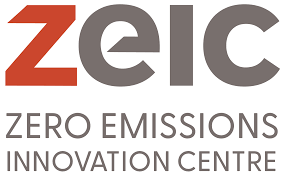Background
The International Workshop on Financial System Architecture and Stability (IWFSAS) provides a forum for academic researchers, industry practitioners, and policy makers to discuss current issues related to the structure and design of financial systems and their impact on macro-financial stability and sustainable economic development. While the specific theme of the workshop varies from year to year, the overall objective of this annual event is to stimulate discussion of high-quality research that advances our understanding of the interactions between the financial system and the overall economy, nationally and globally. Further information on past IWFSAS meetings and featured themes can be found at http://iwfsas.org/previous-iwfsas/
IWFSAS 2024 organizers:
This year’s IWFSAS meeting will be hosted by UBC Sauder School of Business at the University of British Columbia, in collaboration with Gustavson School of Business at University of Victoria, Bayes Business School at City, University of London, and the Euro-Mediterranean Economists Association (EMEA).
Keynote Speakers
Aim and Topics
The 9th IWFSAS conference offers a unique opportunity to bring together thought leaders, academics, practitioners, and policy makers to advance the dialogue on one of the most pressing issues of our time: financing the great energy transition and managing associated risks and opportunities for investors, businesses, and other socioeconomic actors. By exploring the intersection of finance, economics, and the energy transition, we aim to stimulate further research and action to accelerate the transition to a sustainable, inclusive and climate-resilient future.
We are at a pivotal moment in our global journey towards net zero, with the Great Energy Transition at the forefront of global efforts to combat climate change. This transition, which requires a complete transformation of the global energy sector, shifting from fossil-based systems of energy production and consumption to renewable energy sources, is not just an environmental imperative but also a significant economic and financial challenge. Moving our fossil-dependent global economy to sustainable energy sources is a complex, multifaceted challenge that requires substantial investments in new technologies, infrastructures, and systems. As we strive to achieve the targets set by international agreements like the Paris Agreement, the need for innovative financing solutions has never been more critical.
The “Powering the Future, Financing the Great Energy Transition” conference, to be hosted in Vancouver, invites researchers in finance, economics, and related fields to contribute their insights, research, and discussions on how to finance this essential shift. The conference aims to foster a deeper understanding of the financial mechanisms, policies, and innovations necessary to support the energy transition, considering both global impacts and local contexts. We also invite researchers to contribute their insights about current challenges or barriers faced by both business and capital providers as they navigate multiple demands from customers, beneficiaries, regulators and others, to accelerate the net zero transition and contribute to other social goals such as those set by the U.N. Sustainable Development Goals.
This conference seeks to highlight the importance of innovative financial solutions and economic policies in enabling the energy transition, exploring how these mechanisms can be mobilized effectively at both the global and local levels. Our discussions will also focus on understanding the economic implications of the energy transition, identifying opportunities and challenges for investors, policymakers, industries and consumers, and proposing solutions that can help overcome financial barriers to sustainable energy adoption.
This call for papers invites submissions of high-quality unpublished manuscripts on topics related to challenges and opportunities in the great energy transition, including, but not limited to:
- Innovative financing models for renewable energy projects
- The role of public and private partnerships in financing the energy transition
- Impact investing and green bonds in energy projects
- Financial risks and returns of renewable energy investments
- Policy instruments and their effectiveness in leveraging private finance
- The role of international financial institutions in the global energy transition
- Technological innovations and their implications for energy finance
- Economic and social impacts of the energy transition
- Climate finance and the energy transition in developing countries
- Geopolitical risks related to the global energy transition
- Climate transition stress testing of the financial system
- Stranded assets and carbon bubble risks
- Climate-related financial disclosures, reporting and other regulatory issues
- Central banks and the greening of the financial sector
- ESG risks and sovereign and corporate credit spreads
- Insurance, banking & pension funds exposure to transition risks
- Impact investing and other sustainable finance trends
- Corporate strategies towards transition risks
- Financial inclusion, Indigenous finance, Indigenous worldviews on the energy transition
- Carbon markets and carbon as an asset class
- Shareholder engagement on ESG issues related to energy transition
- Community-based financing for renewable energy projects
We welcome both theoretical and empirical contributions on the above topics, in addition to related finance and economic topics.
Program Co-Chairs
Local Organizing Committee

Kookai Chaimahawong
Center for Climate and Business Solutions, University of British Columbia





















